Get Help | Call 1-888-373-7888 | Text 233733
The current structure of Alliance to End Human Trafficking consists of a Board of Directors, Staff, Committees, and Working Groups. All members of AEHT are invited to join one of the working groups.
Board members are elected for 3 year terms, participate in quarterly meetings, and serve on at least one committee and/or working group.
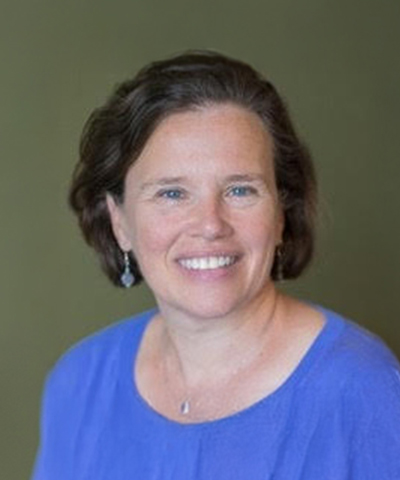
Maryland
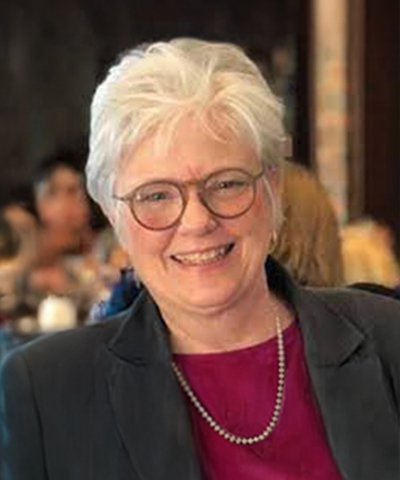
Maryland
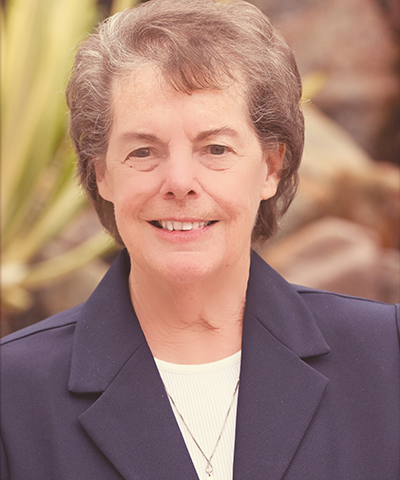
California
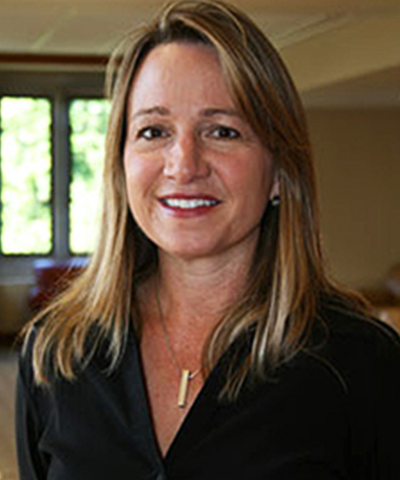
Indiana
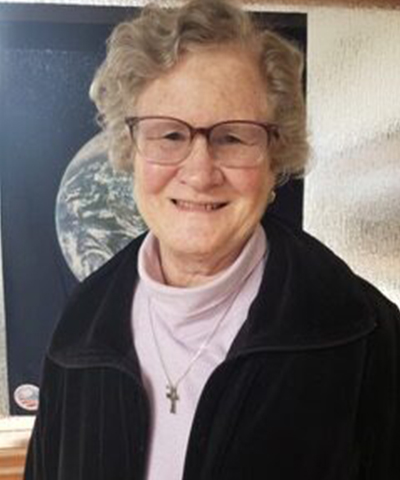
New York

Ohio
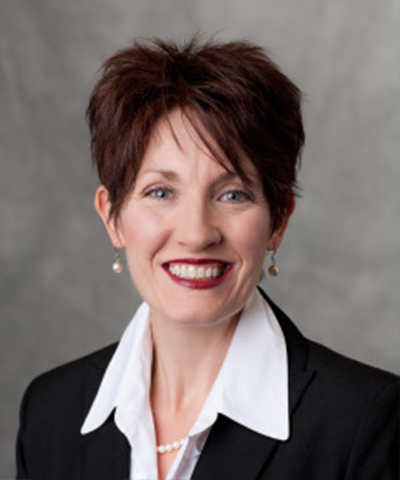
Colorado
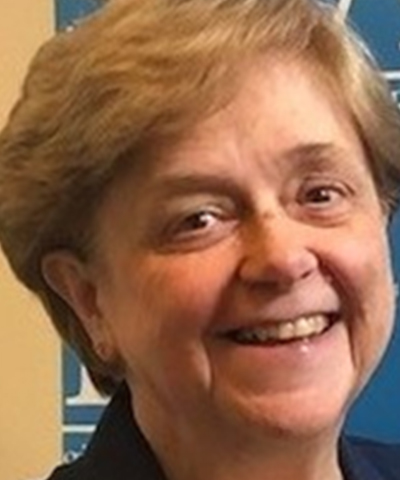
Missouri
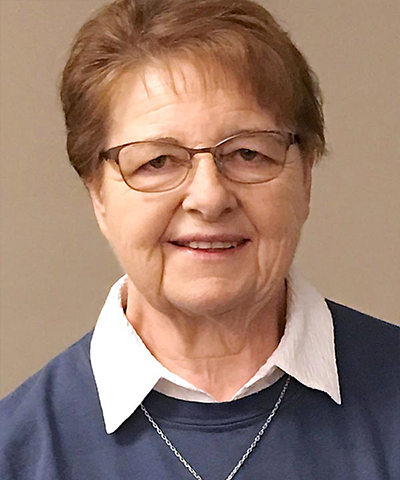
Maryland
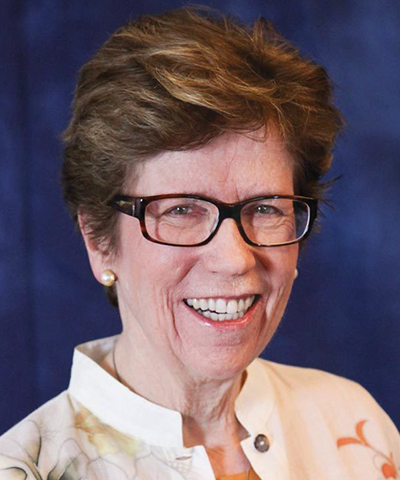
California
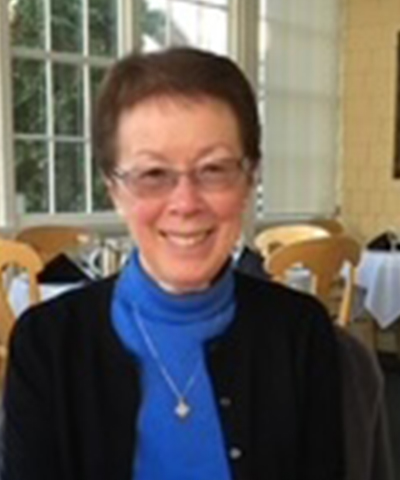
Maryland
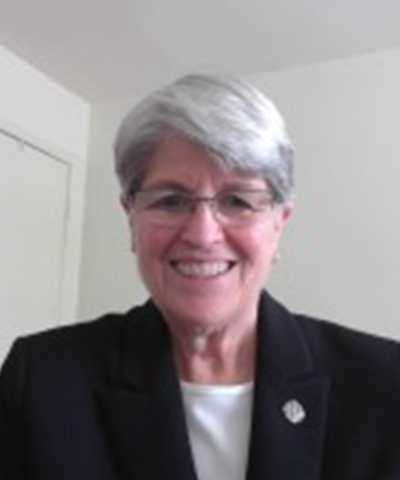
Director of Corporate Social Responsibility

Missouri
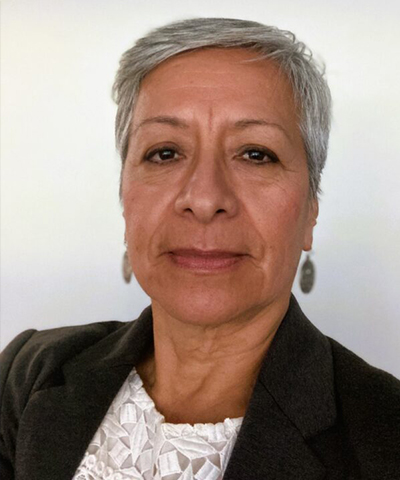
California
The Survivor Advisory Council is a leadership body composed of individuals with lived experience of human trafficking. The Council serves as a vital voice in shaping anti-trafficking policies, programs, and initiatives. Through their insights, members help ensure that survivor-centered, trauma-informed, and equity-focused approaches guide our organization’s work.
Council members provide consultation, participate in public education and awareness efforts, and advise on service delivery and advocacy strategies. Their lived experience and expertise are valued as essential to driving meaningful, systemic change.
By elevating survivor leadership, the Council advances our shared mission to end human trafficking and support lasting healing and justice for all survivors.

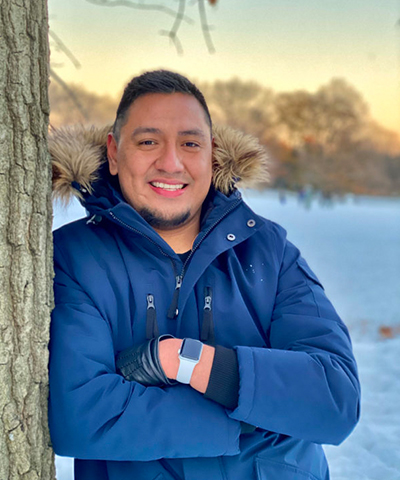



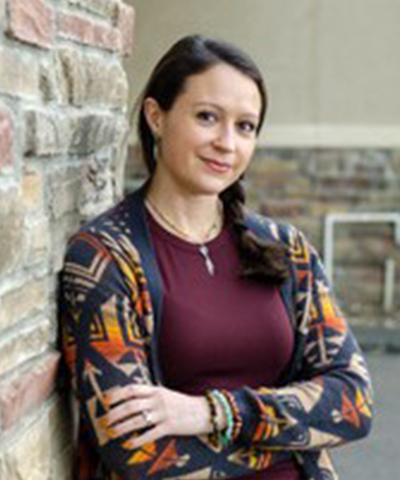
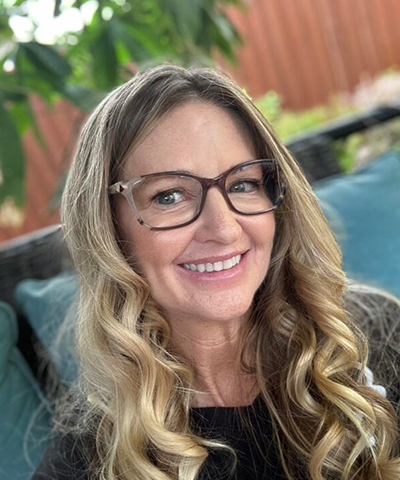
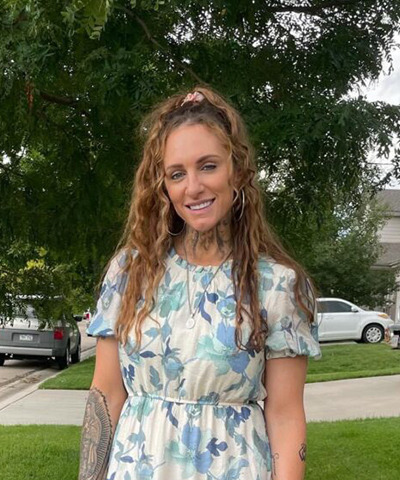
The Executive Committee includes the Board President, Treasurer, and Secretary, along with the Executive Director in an ex-officio role. It oversees AEHT’s work, sets board meeting agendas, and monitors progress on strategic goals.
This committee ensures AEHT’s financial stability by aligning fundraising with strategic needs, collaborating on development plans, and preparing budgets for Board approval. It also maintains financial records and supports the Board in understanding AEHT’s financial affairs.
The Governance Committee reviews board effectiveness and recommends improvements. Its focus includes recruiting, nominating, onboarding new members, and providing ongoing educational opportunities for the board.
This committee grows AEHT’s membership among religious congregations, coalitions, and individuals. It manages new member onboarding, renewals, and explores ways to expand membership while outlining benefits and addressing member needs.
Development Committee supports AEHT’s strategic direction and ensures that those who share AEHT’s values are invited to engage in supporting and advancing AEHT’s mission. The Development Committee assists AEHT staff in identifying, welcoming, nurturing relationships with potential donors and awakening in them a desire to contribute to the sustainability of AEHT’s mission and ministries. Additionally, the Development Committee alerts AEHT staff about grant opportunities or additional funding mechanisms, as appropriate.
The advocacy working group amplifies voices in support of policies and practices that protect human rights and end modern-day slavery. It pushes for national legislation, secures resources for survivors, builds relationships with legislators, and provides policy updates and action alerts.
This group collaborates with the Executive Director to implement AEHT’s communications and marketing strategy. It manages content across the website and social media, while also planning key initiatives like Giving Tuesday and year-end giving campaigns.
The Education/Resource group raises awareness of human trafficking through a faith-based lens. It provides educational materials, including modules and webinars, and engages experts to contribute to resources, presentations, and exhibits that educate about trafficking and AEHT’s work.
This group supports survivors by connecting them with sister-run houses, education, and employment opportunities. It fosters partnerships to expand resources, shares best practices in trauma-informed care, and encourages survivor participation in decision-making.

